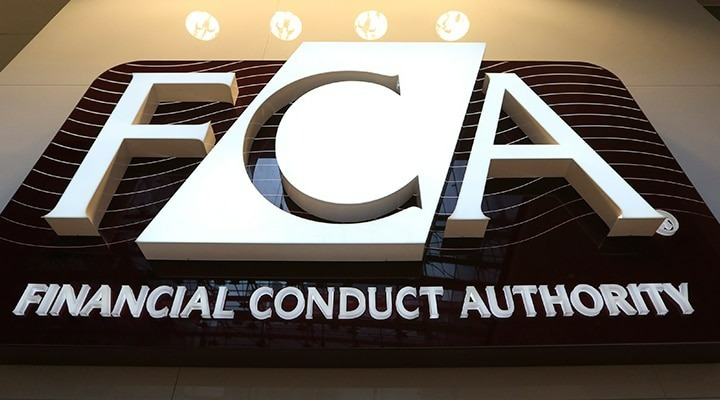The Financial Conduct Authority (FCA) has imposed a hefty fine of £2,452,700 on Bastion Capital London Limited for significant financial control failings related to cum-ex trading. Bastion reportedly failed to control the risk of being used to facilitate fraudulent trading and money laundering .
FCA Fines Bastion Capital for Cum-Ex Trading
Between January 2014 and September 2015, Bastion executed trades valued at approximately £49 billion in Danish equities and £22.5 billion in Belgian equities on behalf of Solo Group clients. The trades were conducted in a manner highly suggestive of financial crime.
The transactions seem to have been arranged to facilitate withholding tax reclaims in Denmark and Belgium. As a result, Bastion received a commission of £1.55 million, forming a substantial part of the company's revenue during that period.
Bastion also conducted a series of trades on behalf of 11 Solo Clients within a four-day period. The same clients executed opposite positions within hours at substantially different prices. This led to a loss of €22.7 million for one Solo client, Ganymede Cayman Ltd, to the advantage of the remaining ten Solo Clients.
Bastion failed to notice or deliberately ignored multiple red flags related to these trades. They had no economic purpose beyond transferring funds from the Solo Group's controller to his business associates.
“Bastion earned significant fees from executing trades on behalf of Solo Group which were ultimately for the purpose of making illegitimate tax reclaims from the Danish and Belgian exchequers,” Steve Smart, the Joint Executive Director of Enforcement and Market Oversight at the FCA, commented.
“They failed to spot clear red flags which should have alerted them to the risk of being used for financial crime. Firms need to properly manage these risks.”
Bastion did not dispute the FCA's findings and agreed to settle, so it qualified for a 30% discount under the FCA's Settlement Discount Scheme. Due to Bastion's liquidation status, the FCA will become a creditor of the company, but existing creditors will take precedence over the FCA's financial penalty.
FCA Fights Cum-Ex Trading
This case is the FCA's fifth related to cum-ex trading, forming part of an extensive range of measures taken by the FCA concerning cum-ex dividend arbitrage cases. So far, the FCA has imposed over £20 million in fines on firms that have earned over £7 million in fees from such trading. A month ago, the FCA imposed a sizeable fine on ED&F Man and last year, it fined TJM Partnership Limited.
Cum-ex trading refers to a controversial type of stock trading that was largely practiced in Germany and other parts of Europe before it was deemed illegal due to its exploitative nature. The name comes from the Latin terms ‘cum’ (with) and ‘ex’ (without), referring to shares with and without dividend rights.
In this type of trading, both the first bank and the stock borrower would claim tax refunds for capital gains tax on the same stock. It would enable them to reclaim double the amount of taxes that were originally paid. This amounts to exploiting a loophole in the system to 'steal' from the state treasury.


















